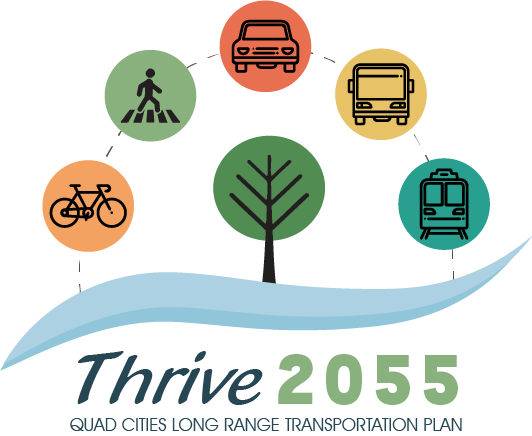July 2017 – Illinois Public Acts 97-905 and 98-109 were passed in 2012 and 2013 by the Illinois General Assembly. These laws combine to make significant changes to the way enterprise zones are awarded and administrated in Illinois. Enterprise zones were first established in Illinois in 1983 to stimulate economic growth by providing tax incentives and regulatory relief to businesses opening or expanding in specially designated areas. To date, 97 enterprise zones have been authorized by the State of Illinois.
Click below for the 2016 Quad Cities Enterprise Zone Application
FINAL QC 2016 EZ APP 81 MB.pdf
Some of the key changes under the new Enterprise Zone law include:
- Changing of deadlines for filing zone applications
- Creation of 10 specific zone qualification criteria
- Establishment of fee caps
- Creation of a statewide Enterprise Zone Board to approve or deny all applications
The laws still limit the total number of zones to 97, but as deadlines approach for existing zones to expire, cities and counties may apply for a new area or the same area as previously covered. The Department of Commerce and Economic Opportunity (DCEO) will review all applications for statutory compliance, but the Enterprise Zone Board makes the final decision on the awarding or denial of applications.
This article provides general information about changes to the Illinois Enterprise Zone Program. For more information visit http://www.illinois.gov/dceo/ExpandRelocate/Incentives/taxassistance/Pages/EnterpriseZone.aspx. Local governments should seek clarification on all related matters from DECO by contacting Ben Denney at


